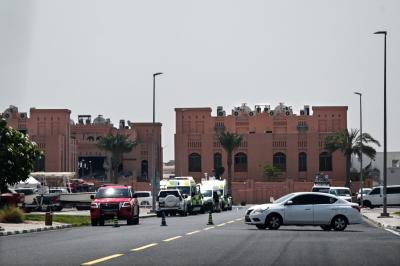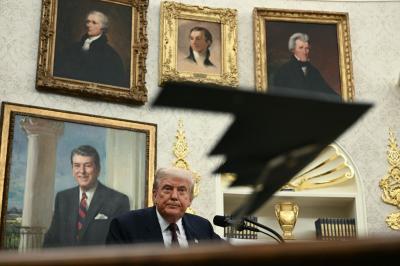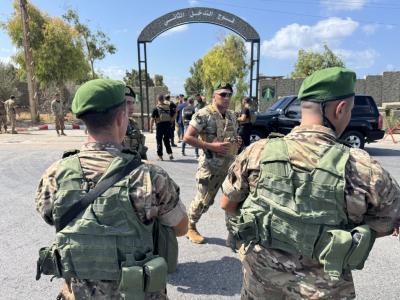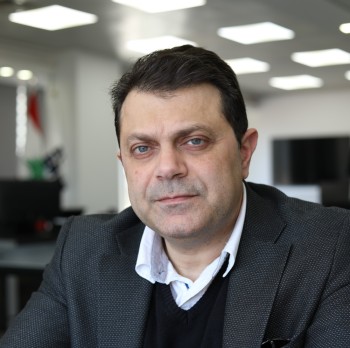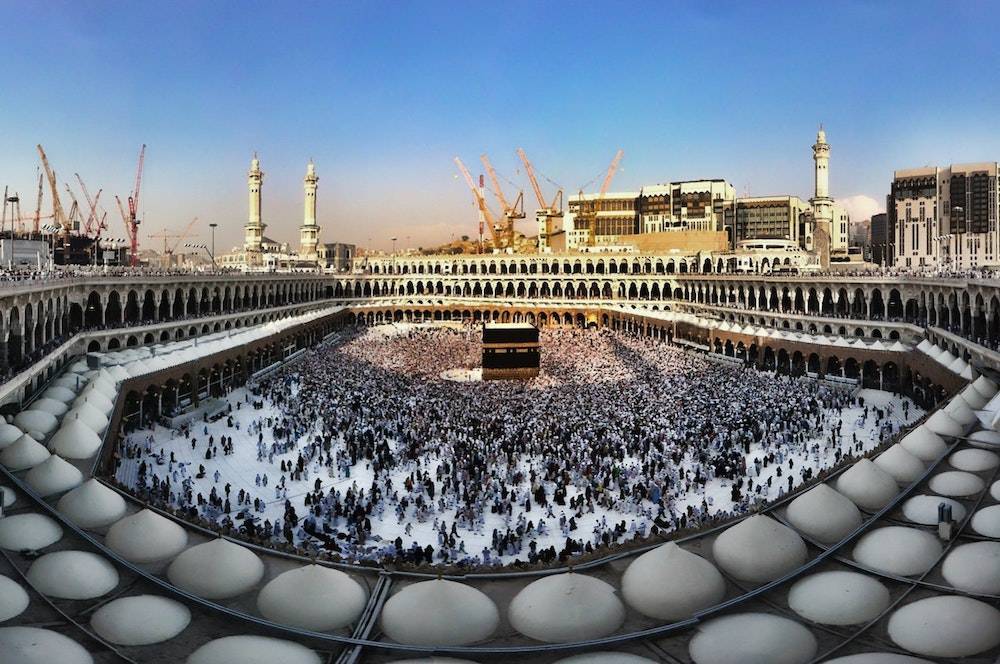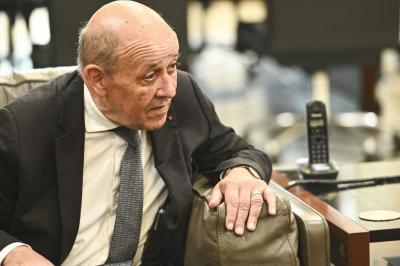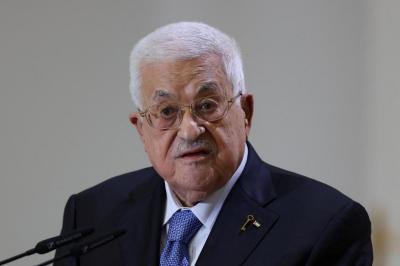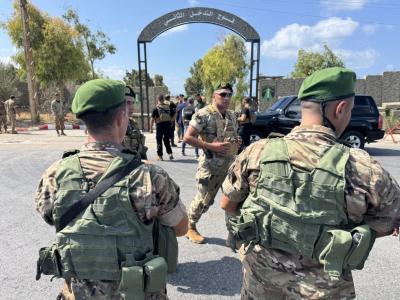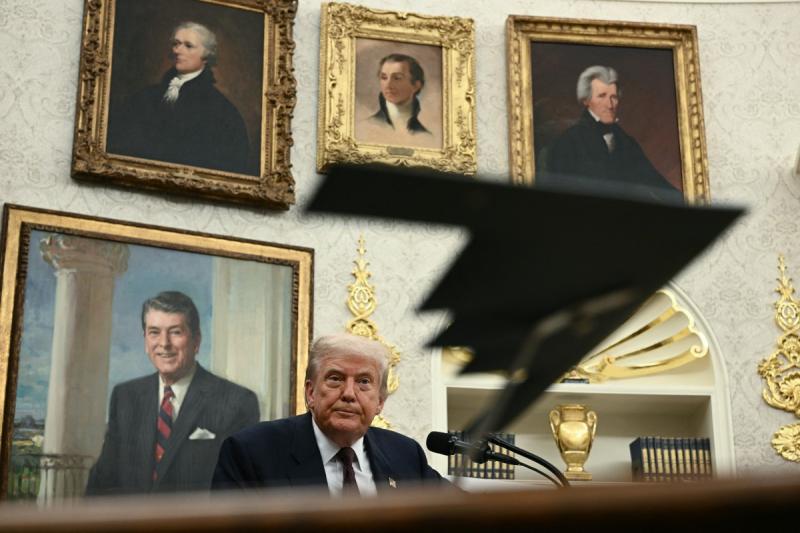March 10, 2023 marked a significant diplomatic turning point: Saudi Arabia and Iran announced the restoration of their relations, a result of mediation orchestrated by China. Meeting in Beijing, the Saudi national security advisor, Mr. Mousaed Al-Aiban, and the Iranian secretary of the Supreme National Security Council, Mr. Ali Shamkhani, agreed on a joint declaration. This declaration announces the reopening of Saudi embassies in Tehran and Iranian ones in Riyadh, within two months from the agreement signing.
The origins of this agreement stem from five reconciliation talk rounds between the two parties held in Iraq and Oman. The initiative was lauded by UN Secretary-General Antonio Guterres, as well as Oman, the UAE, Egypt, Pakistan, Russia, Indonesia and Malaysia. However, Israel, under former Prime Ministers Naftali Bennett and Yair Lapid, expressed its condemnation. In line with this historic pact, the two nations agreed to reactivate their security, trade, and cultural agreements while respecting mutual sovereignty and avoiding interference in internal affairs.
Regional Calm on the Horizon
March 10, 2023, marked a diplomatic shift with the surprise announcement of rapprochement between Saudi Arabia and Iran, due to China's mediation. This development caught U.S. attention and spurred speculation among political analysts. Many predict that this deal might act as a catalyst to defuse tensions in various Middle East hotspots, including Yemen, Syria, Iraq, Lebanon, and Bahrain. Simultaneously, some observers see this agreement, facilitated by Chinese mediation, as an indicator of China's growing regional clout in West Asia, overshadowing American influence, partly driven by China's quest for energy security to fuel its industrial growth.
Indeed, conflict areas within the Arab region have experienced a tension downturn. Yemen has seen a prolonged ceasefire, while Iraq experienced political easing, coinciding with hopeful signs in Lebanon regarding resolving its political and economic crises. Moreover, Saudi Arabia and Syria's relations have improved.
On April 13, 2023, the Syrian foreign minister, Faisal Mekdad, traveled to Jeddah to meet his Saudi counterpart, Faisal bin Farhan, ending nearly a decade-long severance due to Saudi Arabia and other countries supporting armed groups against the Syrian government. This was followed by the Saudi foreign minister's visit to Damascus on April 18, where he met with President Bashar al-Assad and invited him to attend the scheduled Arab League summit in Riyadh.
On May 9, 2023, Saudi Arabia decided to reinstate its diplomatic mission in Syria, reciprocated by Damascus restoring its mission in Saudi Arabia. On May 10, King Salman bin Abdulaziz invited President Assad to the Arab League summit held on May 19 in Jeddah. This summit marked Syria's active return to the Arab League after years of suspension due to the war's repercussions in Syria. On the sidelines, President Assad discussed improving bilateral ties and regional dynamics with Crown Prince Mohammed bin Salman.
However, despite these regional pacification signs, progress has been hindered. The situation in Yemen stagnated before a tension escalation, exacerbated by provocative statements from Houthi leader, Sayyed Abdulmalik Badreddin al-Houthi. He announced his rejection of Saudi efforts to exit the Yemeni conflict scene and position as a neutral player, while also threatening to target Saudi territory again. Meanwhile, Iraq struggles to solve its political crisis, which curtails its regional role, and the Saudi-Syrian relationship improvement attempts were slowed by Riyadh's announcement that President Assad did not uphold his commitments, leading to the suspension of reopening the Saudi embassy in Damascus. Lastly, in Lebanon, enthusiasm over a presidential election was obstructed for many reasons.
Strengthening Saudi-Iranian Ties Continues!
Despite challenges stemming from regional crises keeping Saudi Arabia and Iran in opposition, Riyadh and Tehran remain committed to improving bilateral relations. On August 9, 2023, the Saudi embassy reopened in Tehran, ending a seven-year closure. Previously, the Iranian embassy had been restored in Riyadh on July 6, 2023.
Persisting ties between the two nations amidst regional challenges are based on their mutual acknowledgment that these issues are not exclusive to them but are closely tied to the U.S., whose significant role fuels these conflicts' emergence. Washington, in its Middle East control quest, aims to subdue any force challenging its authority, like the Houthis in Yemen, the Hachd al-Chaabi forces in Iraq, the Syrian government led by Bashar al-Assad, and Hezbollah in Lebanon. The U.S. believes all these entities defying its influence are backed by Tehran. Therefore, they will only endorse resolutions in Yemen, Iraq, Syria, or Lebanon that align with their dominant view.
Saudi Arabia continues its efforts to improve relations with Iran due to the imperative of curbing Yemeni tensions, thereby forming a domestic shield against any Houthi escalation. This is part of the Kingdom's Vision 2030, aimed at reshaping its economy to tackle upcoming challenges, especially Western skepticism, particularly from the U.S., about this vision. Consequently, the kingdom seeks to open doors to promising economies, escaping Western hegemony, like the Iranian economy. This explains the main Saudi entrepreneurs' move towards Tehran to explore investment opportunities.
Conversely, Tehran aims to establish economic ties with various parties against the U.S.-imposed siege. Simultaneously, the need to ease tensions with Saudi Arabia emerges, thus helping reduce Sunni and Shiite sectarian tensions. This is even more critical as Tehran faces challenges from Israeli penetration into Shiite Azerbaijan, its northwest border. Moreover, strengthened ties with Saudi Arabia might enable Tehran to break through the U.S.-erected regional front against it, hastening a potential Iran-U.S. nuclear program agreement.
In conclusion, it appears unlikely that unresolved regional problems' failure will impact Saudi Arabia and Iran. They will continue to bolster their ties, paving the way for potential regional problem solutions.
 Politics
Politics
